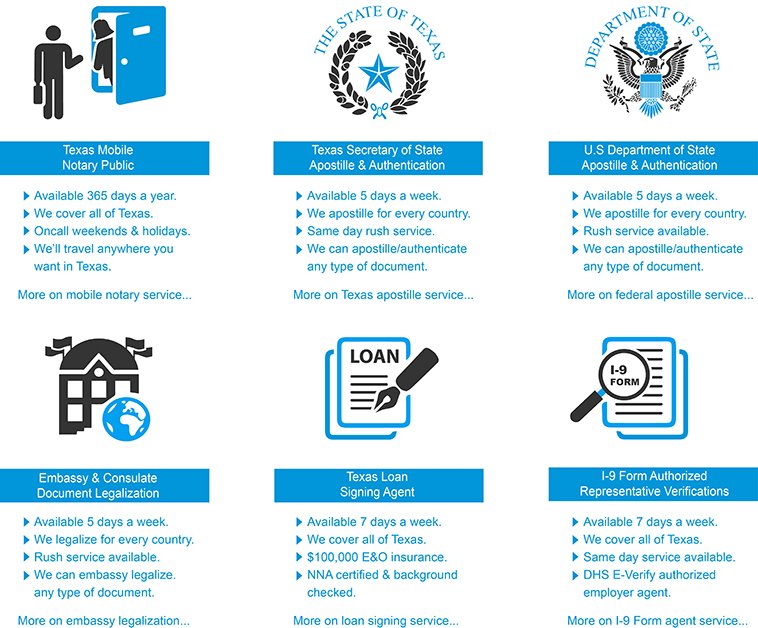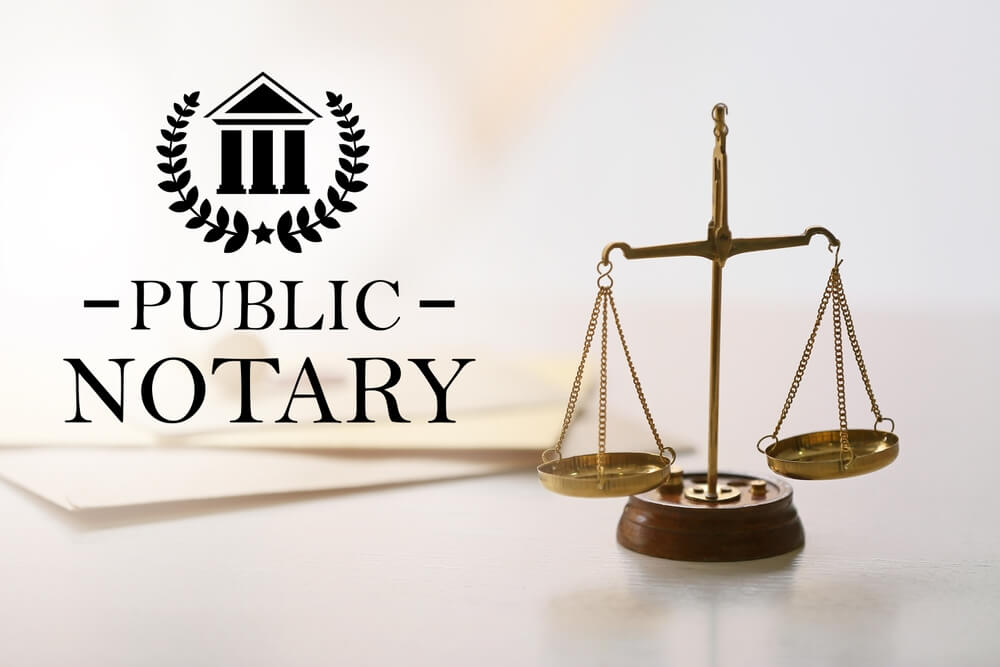Notary Public: Your Trusted Witness and File Authenticator
Notary Public: Your Trusted Witness and File Authenticator
Blog Article
Debunking Notarial Job: Streamlining the Duty and Value of Notaries
Their function, commonly shrouded in enigma for many, lugs substantial weight in guaranteeing the legitimacy and stability of critical documents. By unraveling the complexities bordering notarial methods and losing light on the importance of their acts, a clearer understanding emerges of the important role notaries play in maintaining the fabric of legal and legal agreements.
The Background of Notarial Job
Just how did notarial work evolve over time to become an essential part of lawful and organization transactions? The background of notarial job days back to ancient worlds, where scribes played an essential duty in videotaping crucial info and authenticating files. As cultures proceeded, the demand for a more formalized system to make sure the credibility of arrangements occurred. This resulted in the development of notaries, individuals assigned by the state to function as neutral witnesses in lawful matters.
Throughout the Middle Ages, notaries got prominence in Europe, with their functions increasing to include preparing lawful documents, certifying signatures, and maintaining documents. The increase of worldwide profession further emphasized the relevance of notarial operate in validating agreements and arrangements throughout boundaries.
In the modern-day era, notaries continue to play an important role in lawful and service transactions by confirming identifications, verifying the credibility of papers, and stopping fraudulence. Their role in licensing the legitimacy of agreements includes a layer of safety and depend the ever-evolving landscape of commerce and legislation.

Responsibilities and Obligations of Notaries
The historic advancement of notarial job from old worlds to the contemporary age has actually formed the distinct duties and responsibilities that notaries support in lawful and service transactions today. Notaries play an important function in verifying the credibility of documents and the identity of notaries. Among their primary duties is to witness the signing of important papers, such as acts, agreements, and wills, to guarantee that all events are participating in arrangements knowingly and willingly. Notaries also verify that notaries are of audio mind and not under discomfort or threat.
Moreover, notaries are tasked with carrying out affirmations and oaths, which are important in lawful procedures and the execution of testimonies. They certify copies of initial files, giving assurance to establishments that the duplicates are true replicas of the originals. Notaries need to keep accurate documents of all transactions they manage to make sure transparency and accountability. Overall, the responsibilities and duties of notaries are important in safeguarding the honesty and legality of numerous documents and deals.
Notarial Certificates and Signatures
Exhibiting thorough interest to information, notarial certificates and trademarks function as important parts in validating the authenticity of legal documents. Notarial certificates normally contain essential details such as the day of registration, he has a good point the names of the notaries, a description of the record, and the notary's official seal. These certificates offer a clear document of the notarial act, guaranteeing that the document can be conveniently identified and traced back to the notary who managed the process.
Trademarks play a pivotal role in notarial work, as they signify the contract and authorization of the events involved. Notaries carefully witness the finalizing of records to verify the identification of the signatories and validate that they are signing of their very own free choice. By affixing their main seal and trademark to the paper, notaries certify that the needed procedures have been followed and that the record is legitimate and enforceable.
Basically, notarial certificates and signatures are the hallmark of authenticity in lawful deals, supplying assurance to all celebrations involved that the records are legit and binding.
Relevance of Notarial Acts

Notarization Process Explained
The notarization procedure usually starts with the private providing the paper to a notary public. Once the identity is validated, the notary makes sure that the private signing the paper does so voluntarily and without any type of browbeating.

Conclusion

Notarial certifications generally consist of important info such as the date of registration, the names of the signatories, a summary of official statement the record, and the notary's main seal. These certificates supply a clear record of the notarial act, ensuring that the record can be easily determined and mapped back to the notary who managed the process.
By affixing their main seal and trademark to the file, notaries certify that the necessary procedures have been complied with and that the record is enforceable and legitimate.
By verifying the identity of the signatories, confirming their readiness to enter right into the arrangement, and accrediting the day and location of the finalizing, notaries play a vital function in supporting the legitimacy of legal documents.After the record is signed, the notary will certainly attach their main seal or stamp onto the document.
Report this page